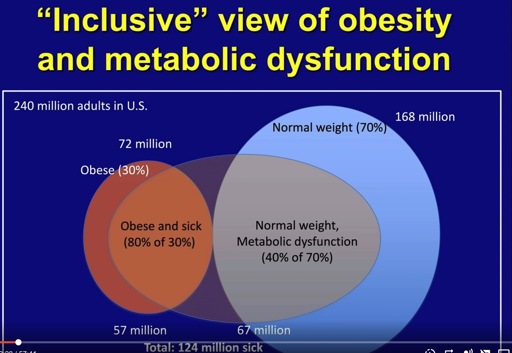Robert H. Lustig, M.D., M.S.L. is Professor emeritus of Pediatrics, Division of Endocrinology at the University of California, San Francisco (UCSF). He specialises in the field of neuroendocrinology, with an emphasis on the regulation of energy balance by the central nervous system. His research and clinical practice has focused on childhood obesity and diabetes. Dr. Lustig holds a Bachelor’s in Science from MIT, a Doctorate in Medicine from Cornell University. Medical College, and a Master’s of Studies in Law from U.C. Hastings College of the Law.
Dr. Lustig has fostered a global discussion of metabolic health and nutrition, exposing some of the leading myths that underlie the current pandemic of diet-related disease. He believes the food business, by pushing processed food loaded with sugar, has hacked our bodies and minds to pursue pleasure instead of happiness; fostering today’s epidemics of addiction and depression. Yet by focusing on real food, we can beat the odds against sugar, processed food, obesity, and disease.
summerizer
Prof. Robert Lustig - 'Sugar, metabolic syndrome, and cancer'

In this lecture, Prof. Robert Lustig discusses the complex relationship between sugar consumption, metabolic syndrome, and cancer. He emphasizes that while obesity is commonly viewed as a primary risk factor for cancer, metabolic syndrome—which can affect individuals regardless of weight—is a more significant concern. Lustig presents evidence and mechanisms by which sugar, particularly fructose, contributes to metabolic dysfunction that can lead to cancer. He argues against the notion that all calories are equal and calls for a reevaluation of how dietary factors, especially sugar, influence health outcomes.
Key Points
Obesity is a cancer risk factor
Prof. Lustig notes that obesity increases the risk of several cancers, particularly endodermal cancers (like prostate, colorectal, and pancreatic cancers). However, he questions the simplistic view that obesity is the sole risk factor, suggesting that metabolic syndrome may play a more critical role.
Metabolic syndrome vs. obesity
Lustig argues that metabolic syndrome, which affects both obese and normal weight individuals, is a more significant risk factor for cancer than obesity itself. He cites evidence showing that many normal-weight individuals also suffer from metabolic issues, leading to diseases traditionally associated with obesity.
Role of sugar in metabolic disease
He discusses the toxicity of sugar, particularly fructose, in driving metabolic syndrome by causing liver fat accumulation, insulin resistance, and generating reactive oxygen species. Lustig points out that sugar intake has dramatically increased and is linked to various health issues, including cancer.
Fructose metabolism
Prof. Lustig explains how fructose is metabolized differently from glucose. Most notably, fructose consumption leads to fat buildup in the liver, which is critical in developing metabolic syndrome and cancer. This process is significantly different from how glucose is typically processed in the body.
Dietary recommendations for cancer patients
He concludes by advocating for dietary changes in cancer treatments, such as reducing sugar consumption and considering ketogenic diets. Lustig stresses that the growing body of research linking sugar to cancer highlights the urgent need for changing dietary guidelines.

Finished! Wow, that was alot of notes! fascinating talk. Not sure about every point, I think some of the factors he says are perhaps not the complete story (when he says something isn't associate, I think he means it hasn't been shown with confidence, but not ruled out either).